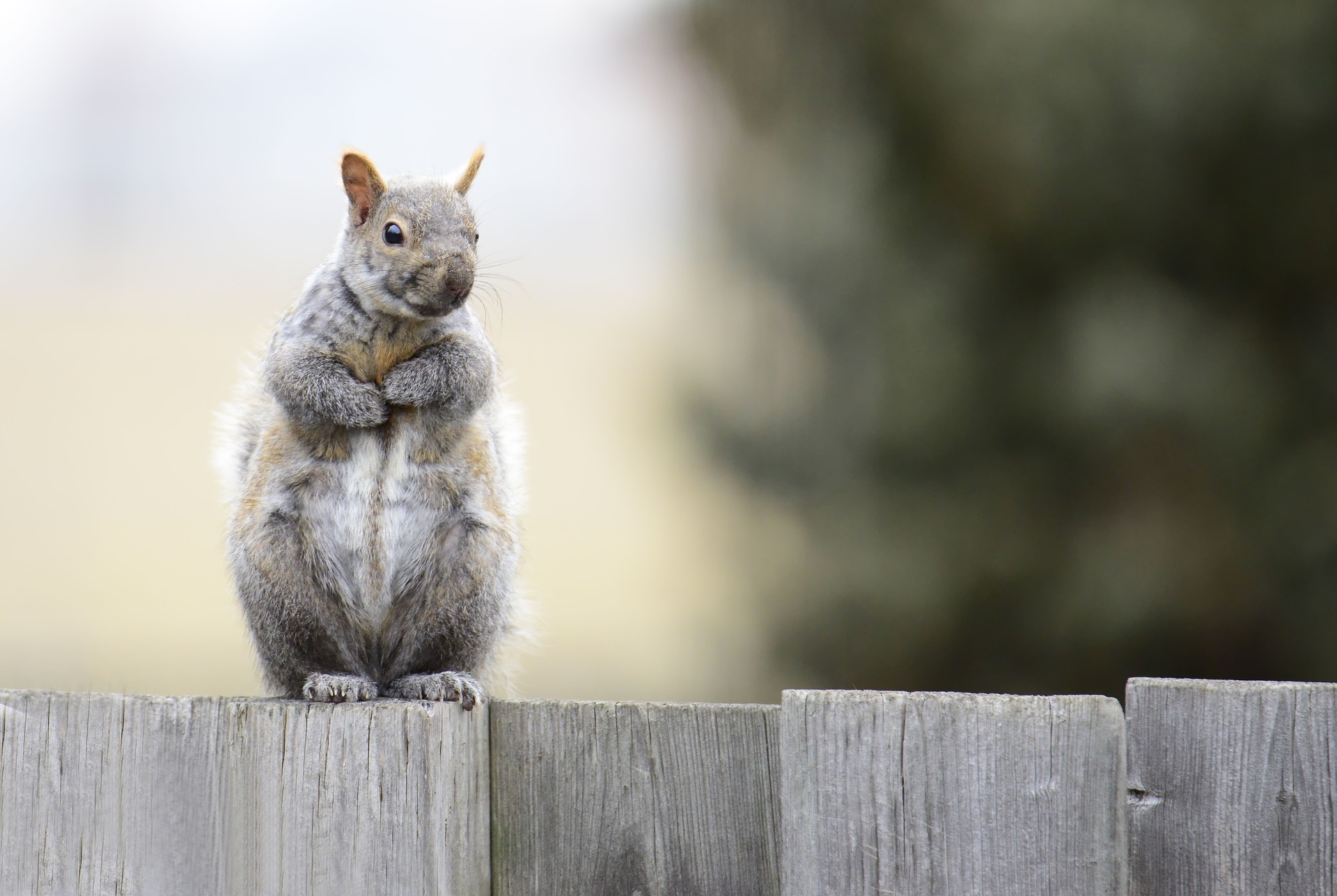Can’t I just let the squirrels live in my attic?
Not exactly. While squirrels may reside in certain homes for years without causing any discernible problems, squirrels have a nasty habit of chewing on wires. This can cause a serious fire hazard. If there are any signs of squirrel activity, you should have this remedied immediately.
Can I try to trap squirrels myself?
If you are attempting to trap squirrels, be aware that you may need to acquire a permit depending on your location and the time of season. Trapping animals can be tricky and if you are not experienced, then you may even make the situation worse. Best to leave it to the professionals.
Can I use rat poison to kill the squirrel in my attic?
PLEASE DON’T DO THIS! Rodenticides are an important control measure for certain scenarios but can be detrimental if misused. It is illegal to kill a squirrel with rodenticides. It is also very inhumane as the dose is designed to kill mice and rats and is far too small for a squirrel. Lastly this can lead to the squirrels dying in inaccessible areas causing foul smells or worse, lead to secondary poisoning to pets and wildlife.
WHAT DIY methods work to get squirrels out of my house?
If they’re already in there, not much. We have seen moth balls, loud music, strobe lights, ultrasonic devices, and a variety of other store bought and make-shift devices fail over and over. But if they have not yet gotten into your home, there are several preventative measures you can take including trimming trees around your house, keeping bird feeders far away from the structure, and installing chimney caps.
What are signs that I have squirrels in my attic?
You may witness them coming and going from entry points they created. In winter months you may even see their tracks in the snow, giving away their location. Most likely you will hear them leaping around your attic and chewing on your sheetrock ceiling. They are most active during early morning and late evening hours. Hearing these noises in the middle of the night? You may have mice or flying squirrels

